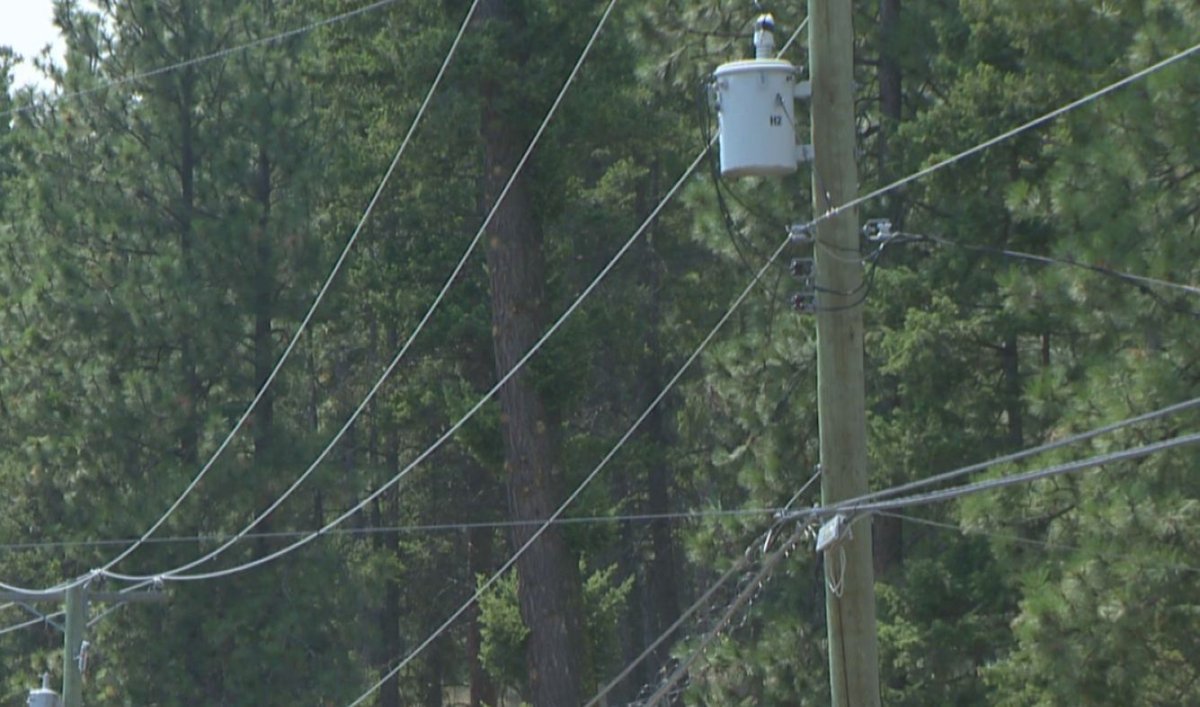WEST KELOWNA — Going days without power can cause lots of household problems, many we don’t even think of until the situation is sprung upon us.

During the Shelter Cove fire fight near West Kelowna, power was cut to roughly 1,100 residences for three days and now much of the area is on rotating power outages while crews continue to battle the blaze.
READ MORE: Generators to provide full power to most Westside Road homes by Friday
Intermittent power can play a huge role on both food and water supply and in response, Interior Health has issued the following safety tips*:
Water Quality
Power outages and firefighting efforts may have affected operation of your water supply system and the quality of your water. The impact on you and your family will vary according to your situation but all evacuees are advised to take steps to ensure their water is safe when returning to their homes.
Food Safety
If the power has been out in your home, the food in your fridge or freezer may no longer be safe to eat. The following tips will help you determine if your food has been affected:
• Ideally, fridge temperatures should remain at 4 degrees Celsius or colder and foods in the freezer should remain frozen solid.
• In a power outage, a refrigerator can usually keep food cool for up to four hours and a freezer can usually keep food safe for a few days – if it is kept closed.
• If you don’t have a thermometer or if you don’t know how long your fridge or freezer was without power:
• Check the products in the fridge for spoilage and souring.
• Milk and other dairy products that have spoiled/become sour are good indicators that the fridge has been off and all food should be discarded.
• Ice cream that has thawed and refrozen is a good indicator that the freezer has been off.
• Fish product that smells bad upon thawing is also a sign that food in your freezer has thawed and refrozen.
• Frozen foods that have thawed must be discarded as they may no longer be safe to eat.
• Food in the freezer that has (or may have) reached 4 degrees Celsius or warmer should be discarded and must not be refrozen.
For residents who are on a community water system:
• Please do your best to conserve water as the supply may be very limited due to the recent power outages. Power rotations are also in effect with the power rotating on for six hours and then off for 12 hours.
• Questions about the quality of drinking water should be directed to the local water supplier (e.g. municipality, utility provider, etc.). These suppliers are best able to assess how their systems have been affected and whether there is any impact on the quality of drinking water.
• If you cannot reach your water supplier and are unsure if your water has been impacted, it is recommended that you boil your water or use an alternate source (bottled water).
• Where firefighting activities (including the use of retardant) has occurred in a community watershed there will be increased monitoring for changes in water quality. Public notifications will be issued if there is some level of risk or uncertainty associated with drinking water use.
For residents with individual wells that suspect their water supply has been affected:
• Water should be boiled or an alternative source of drinking water should be used until the water source can be assessed or tested to ensure it meets safety standards. Sample bottles can be provided by water testing laboratories. For information on having your private water source tested, please refer to the list of Provincial Health Officer Approved Drinking Water Testing Laboratories: http://lmlabs.phsa.ca/AboutUs/OurLaboratories/Enhanced+Water+Quality+Assurance+Program.htm or check your telephone directory’s yellow pages under Laboratories – Analytical.

Get breaking National news
Septic Systems
During fires, some components of septic systems may be damaged. If your property was directly impacted by fire your septic system should be assessed by a Registered Onsite Wastewater Practitioner
*Courtesy: Interior Health Authority
Another tip from IHA is to make a list of all items damaged or ruined by the outage and its potential affects, take pictures of the items then contact your insurance provider.
The B.C. Safety Authority is also issuing some safety tips for the gas and electrical equipment in your home. You can find those here.







Comments